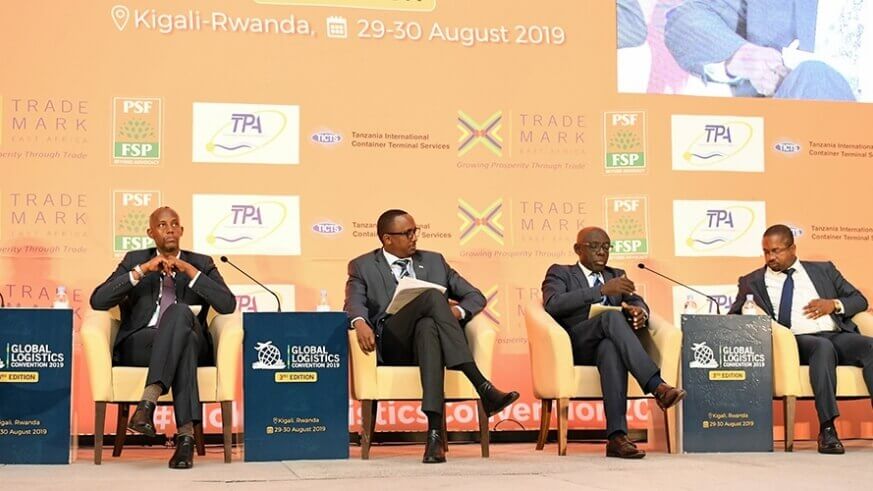Japan and the African Development Bank on Friday announced a joint target of $3.5 billion under the Enhanced Private Sector Assistance for Africa initiative (EPSA4), during the 7th Tokyo International Conference on African Development (TICAD 7). Both Japan and the Bank have set a target of $1.75 billion each, from 2020-2022, to enhance the fourth phase of EPSA to spur private-sector-led sustainable and inclusive growth in Africa. “Building on the successful achievements so far, Japan and the Bank have decided to upgrade EPSA in both quality and quantity to meet financial needs for infrastructure development as well as for the private sector development in Africa,” Japan’s State Minister of Finance,” Mr. Keisuke Suzuki said at the EPSA4 launch ceremony held in Yokohama and attended by government officials and a high-level delegation from the Bank as well as representations of the business community. “I wish that the new EPSA initiative will lead to business, investment promotion, and job creation in Africa,” Mr. Suzuki noted. Electricity, transportation, and health will be key priorities under EPSA4. Projects and programs for the three key priorities will be formulated and implemented in line with the G20 Principles for Quality Infrastructure Investment and G20 Shared Understanding on the Importance of UHC Financing in Developing Countries. African countries will also be provided with support to improve and create conducive business environments to attract private investments. “Today marks another day to celebrate the strong and impactful partnership between Japan and the African Development Bank. The African Development Bank...
Japan, ADB announce $3.5 billion in support of Africa’s private sector development
Posted on: September 2, 2019
Posted on: September 2, 2019

















